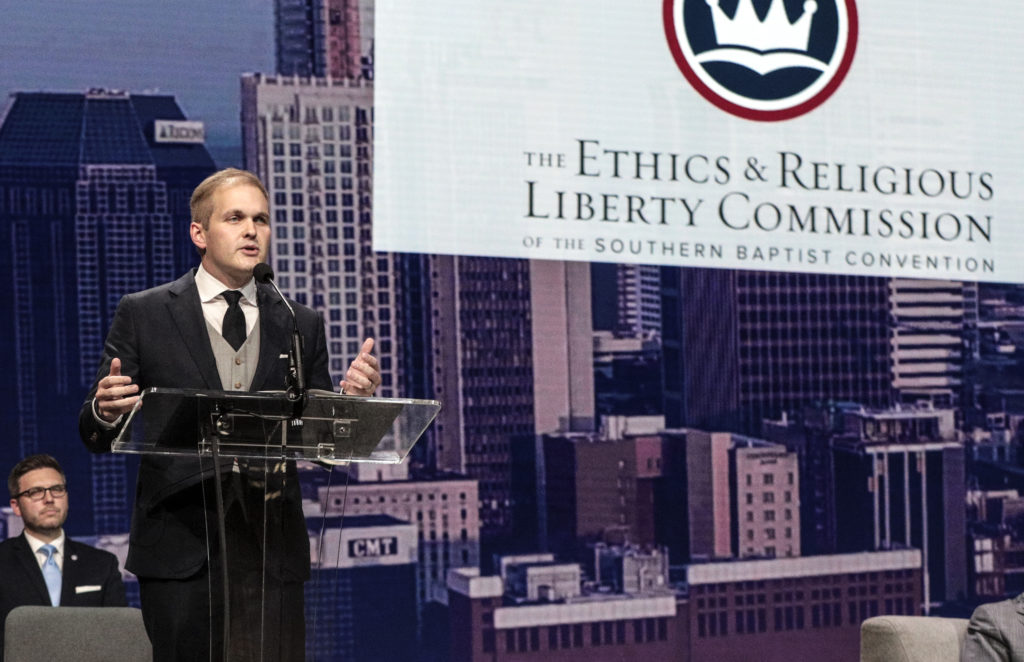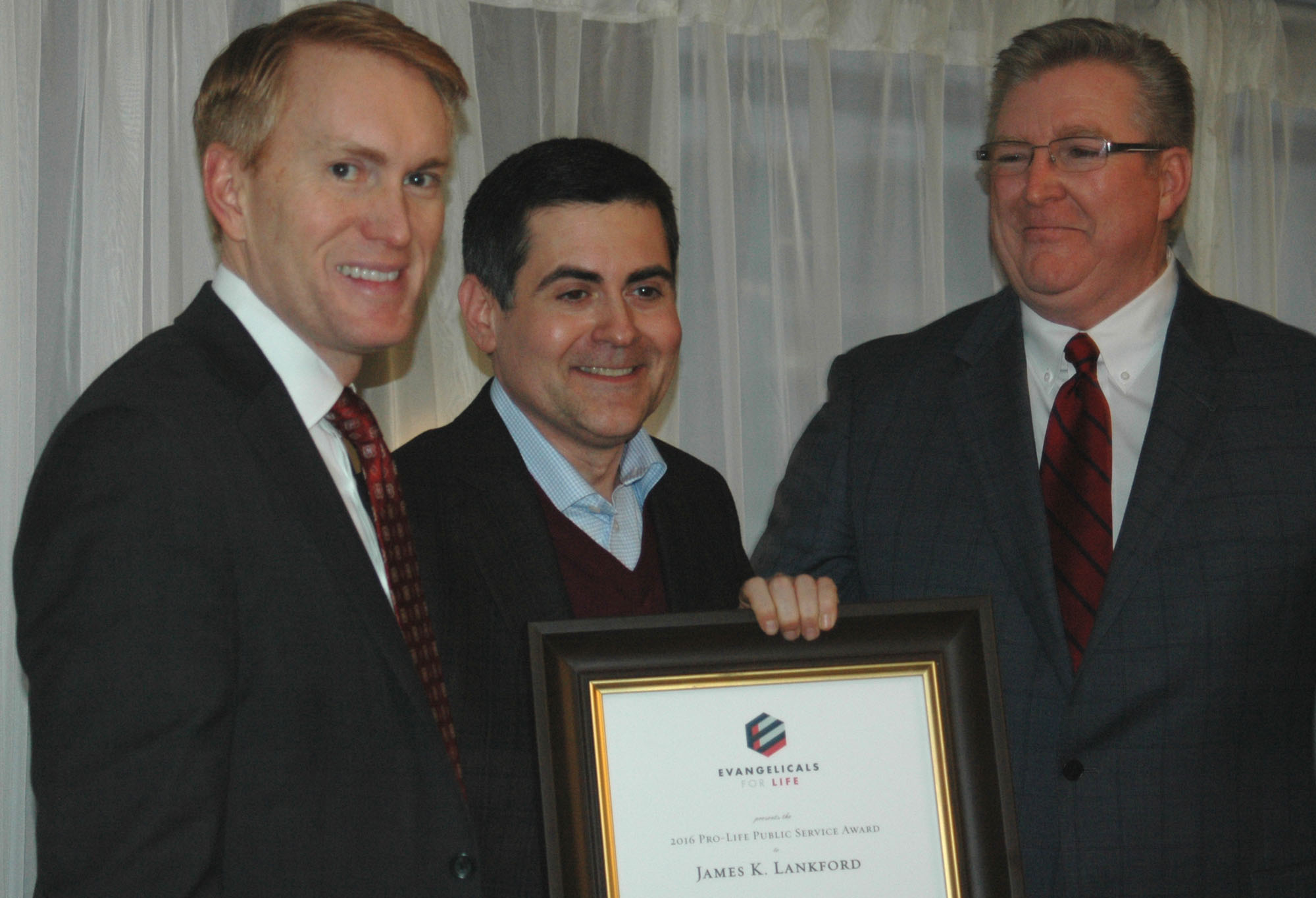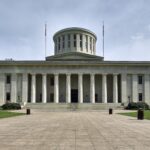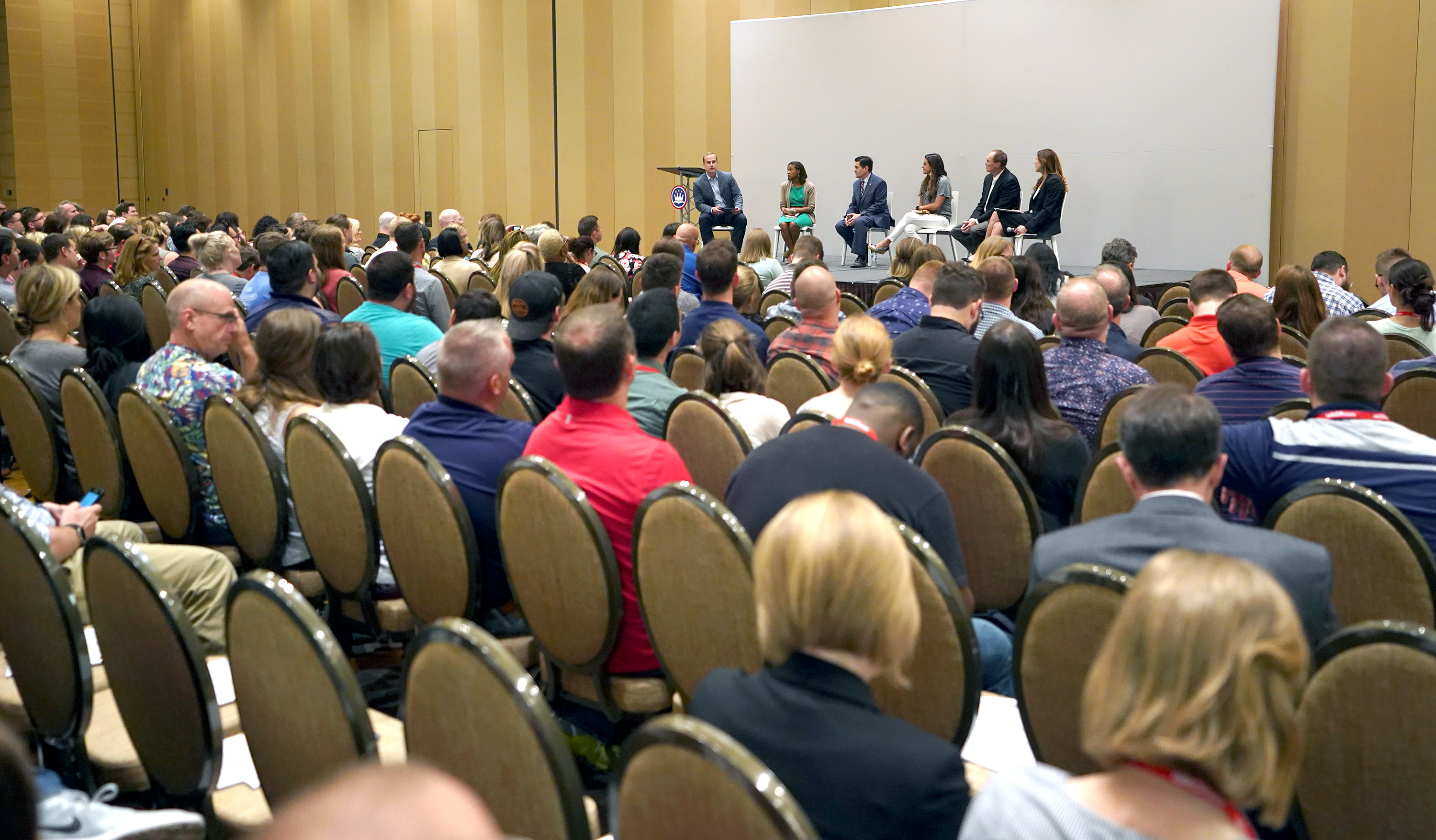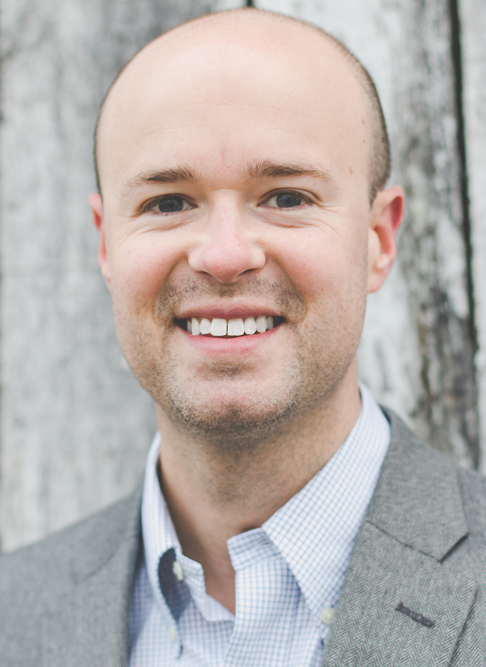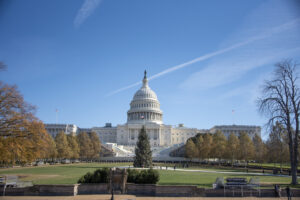
NASHVILLE (BP) – The Ethics & Religious Liberty Commission intends to place 50 ultrasound machines in pregnancy resource centers during a two-year span in its ongoing and increasing effort to protect unborn children, acting President Daniel Patterson told messengers to the 2021 SBC Annual Meeting on Wednesday (June 16).
Speaking less than a month after Russell Moore announced his departure as ERLC president, Patterson described during the commission’s report the expansion of the Psalm 139 Project, the entity’s ministry to help provide ultrasound technology to pro-life pregnancy centers.
During the ERLC report, it was announced a presidential search committee would be named in the coming weeks, and Patterson said private letters from Moore leaked recently did not come from commission staff members.
After donating two dozen machines in the first two decades of the Psalm 139 Project, the ERLC announced in December it would provide 10 machines in the following six months, Patterson told messengers. He said the ERLC surpassed that goal, placing 11 machines as of the SBC meeting.
After the goal was announced, Southern Baptists’ “outpouring of support and commitment to protecting unborn children … was nothing short of remarkable,” Patterson said. He had two responses, Patterson told messengers:
“First, praise God. And second, we have absolutely no intention of slowing down.”
At its current rate, the ERLC will donate 20-25 machines by the end of 2021, including at least seven in Tennessee because of a state government grant to the Psalm 139 Project. The entity now has a new goal, Patterson announced. The ERLC plans to place 50 ultrasound machines in a two-year period leading to Jan. 22, 2023, the 50th anniversary of the Roe v. Wade decision that legalized abortion nationwide.
“Southern Baptists, let’s stand for life,” Patterson said. “And as we do, we remind ourselves of what we’re here to do all along – to share the hope and the mercy and the grace and the Gospel of Christ. And that’s what your [ERLC] exists to do. Thank you for your support.”
David Prince, chairman of the ERLC trustees, told messengers during the report the board is devoted in its search for a new president to identifying “the individual who is equipped and prepared to speak from the truth of the Gospel to the consciences of elected leaders, public officials and the watching world.”
As with other recent SBC entity searches, the approval of a new ERLC president is expected to require “many months,” said Prince, pastor of preaching and vision at Ashland Avenue Baptist Church in Lexington, Ky. He asked for prayer for the trustees’ search for a president and for the ERLC staff during the transition.
It has been “a difficult time and a challenging time,” Prince said “But your ERLC team has worked diligently to carry out its ministry assignment in the midst of it all without missing a beat.”
Prince expressed gratitude for Moore for the integrity, courage and “convictional kindness that he modeled” during his eight years as ERLC president.
“[I]n this time of ethical compromise, in this time of moral chaos and confusion, in this time of constant assaults on religious liberty, we need the ERLC to be a mighty force for the Gospel of Jesus Christ,” he told messengers.
Moore announced May 18 he would step down as ERLC president to become public theologian for Christianity Today and lead the evangelical magazine’s new Public Theology Project. His resignation was effective June 1.
In a February 2020 letter to the officers of the ERLC’s trustees and a late May letter to SBC President J.D. Greear, Moore made allegations of efforts and tactics by some SBC Executive Committee leaders and others in the convention in opposition to progress on combating sexual abuse and racism.
In response to a concern raised by Mathew Vroman, pastor of the First Baptist Church in Sikeston, Mo., Patterson said he has “never leaked or been part of a leak in my entire life. And I don’t know a single person on our team who was or did.”
He does “not have any idea how those letters got out. They shouldn’t have,” Patterson said. “So I wish I had more answers for you on that, but I can tell you that it was not coming from your [ERLC] staff.”
In his report, Patterson told messengers the ERLC sought during the COVID-19 pandemic to provide resources to encourage pastors, to assist churches in reopening safely, to hold online conversations with top medical professionals about vaccines and the ethics regarding them and to work to protect religious freedom “alongside peace and public health.”
The commission also has addressed racism and injustice while “continuing to press for measures in our churches and our denominational structures to combat sexual abuse and to make our churches safe,” he said.
In addition, the ERLC has opposed harmful proposals, such as the expansive gay and transgender rights Equality Act, and championed pro-life legislation at the federal and state levels, Patterson told messengers.
All gifts to the Psalm 139 Project go toward machines and training, since the ERLC’s administrative costs are covered by the Cooperative Program, the SBC’s unified giving plan. Information on the Psalm 139 Project and how to donate is available at psalm139project.org.
